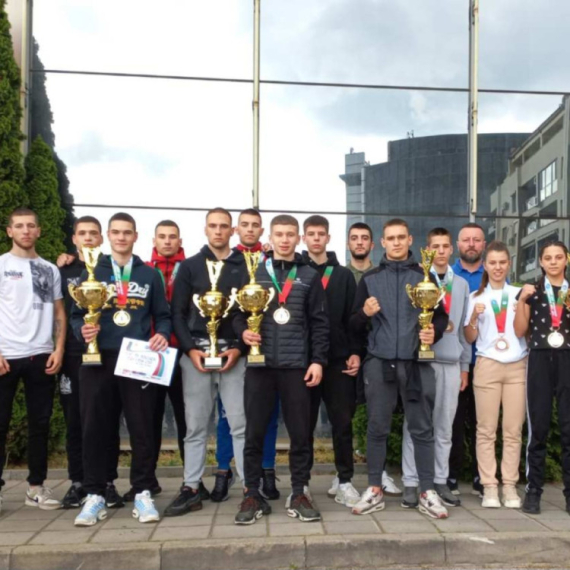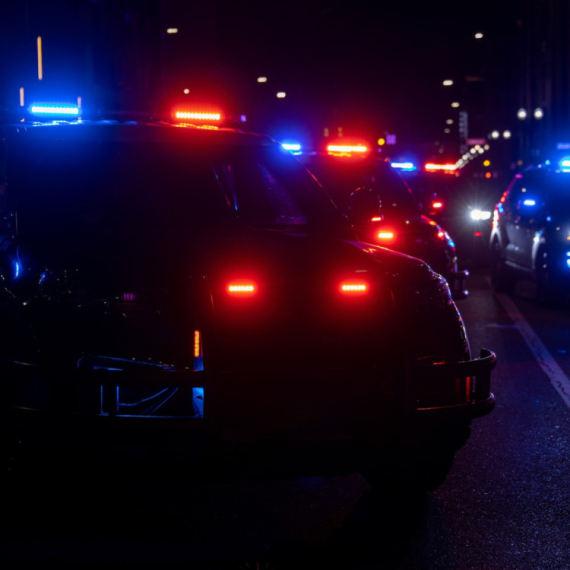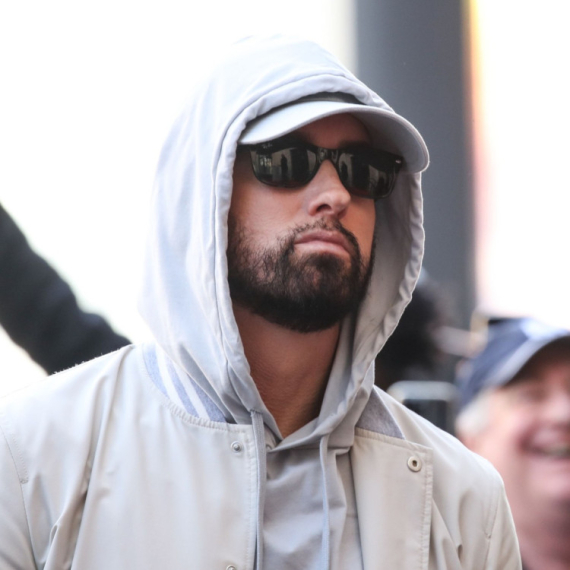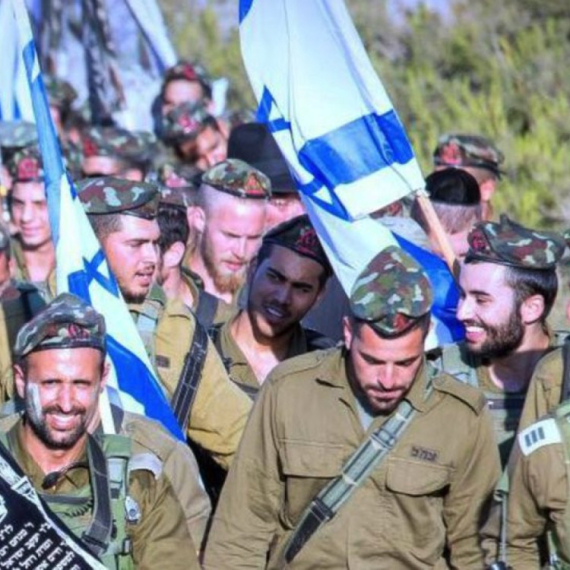Daily: Disbanded unit's mutiny probed
The Special Prosecution in Belgrade is conducting preliminary proceedings about the 2001 mutiny of the Unit for Special Operations (JSO).
Thursday, 07.10.2010.
12:26

The Special Prosecution in Belgrade is conducting preliminary proceedings about the 2001 mutiny of the Unit for Special Operations (JSO). The Serbian State Security (DB) unit was disbanded after the 2003 murder of Prime Minister Zoran Djindjic, and now Belgrade daily Politika writes that the prosecution's investigation could be connected to the political background of the assassination. Daily: Disbanded unit's mutiny probed Zemun Clan crime gang members Milos Simovic and Sretko Kalinic, found guilty and sentenced to 40 years each for their role in the murder, gave information to the prosecution based on which the political background could be revealed, says the daily. Both gangsters were recently arrested after spending seven years on the run. But, writes Politika, the proceedings are not being based solely on their statements, but also on analysis of evidence presented during the trial for the Djindjic murder, after the verdict was confirmed by the then Supreme Court of Serbia. According to the article, former JSO commander Milorad Ulemek aka Legija could soon face the court again accused of organizing the mutiny. Ulemek is already serving 40 years in prison for organizing the assassination of Djindjic. The members of the uniot on November 12, 2001, blocked the Gazela bridge, using service Hummers, wearing uniforms and carrying weapons. The Djindjic family lawyers Rajko Danilovic and Srdja Popovic five years ago submitted a request to the Special Prosecution to extend the assassination case indictement to include armed mutiny. At the time, the JSO said that they protested against the arrest of the Banovic brothers, who were accused of war crimes by the Hague Tribunal. Later on, Politika writes, it turned out the real reason were announcements that the unit could be disbanded and its members sent to the Hague, and also coincided with a hearing on a private lawsuit of Ulemek, concerning the Ibarska case. At the same time, in late 2001, leaders of the Zemun Clan including Mile Lukovic aka Kum, Milos Simovic and Vladimir Milosavljevic were in jail in Belgrade after they were extradited from France. They were detained on suspicion of involvement in the kidnapping of Delta Holding owner Miroslav Miskovic. At the time, Djindjic's political opponents said the mutiny was a protest while Vojislav Kostunica compared it to doctors striking wearing their white coats. During the Djindjic murder trial, the court did not accept a motion to question Kostunica in relation to the mutiny. The former head of the military security agency, Aco Tomic, did testify, along with all Djindjic's associates, writes the newspaper. This November 2001 photo shows JSO officers blocking a road (FoNet)
Daily: Disbanded unit's mutiny probed
Zemun Clan crime gang members Miloš Simović and Sretko Kalinić, found guilty and sentenced to 40 years each for their role in the murder, gave information to the prosecution based on which the political background could be revealed, says the daily.Both gangsters were recently arrested after spending seven years on the run.
But, writes Politika, the proceedings are not being based solely on their statements, but also on analysis of evidence presented during the trial for the Đinđić murder, after the verdict was confirmed by the then Supreme Court of Serbia.
According to the article, former JSO commander Milorad Ulemek aka Legija could soon face the court again accused of organizing the mutiny.
Ulemek is already serving 40 years in prison for organizing the assassination of Đinđić.
The members of the uniot on November 12, 2001, blocked the Gazela bridge, using service Hummers, wearing uniforms and carrying weapons.
The Đinđić family lawyers Rajko Danilović and Srđa Popović five years ago submitted a request to the Special Prosecution to extend the assassination case indictement to include armed mutiny.
At the time, the JSO said that they protested against the arrest of the Banović brothers, who were accused of war crimes by the Hague Tribunal.
Later on, Politika writes, it turned out the real reason were announcements that the unit could be disbanded and its members sent to the Hague, and also coincided with a hearing on a private lawsuit of Ulemek, concerning the Ibarska case.
At the same time, in late 2001, leaders of the Zemun Clan including Mile Luković aka Kum, Miloš Simović and Vladimir Milosavljević were in jail in Belgrade after they were extradited from France. They were detained on suspicion of involvement in the kidnapping of Delta Holding owner Miroslav Mišković.
At the time, Đinđić's political opponents said the mutiny was a protest while Vojislav Koštunica compared it to doctors striking wearing their white coats.
During the Đinđić murder trial, the court did not accept a motion to question Koštunica in relation to the mutiny. The former head of the military security agency, Aco Tomić, did testify, along with all Đinđić's associates, writes the newspaper.
















































Komentari 0